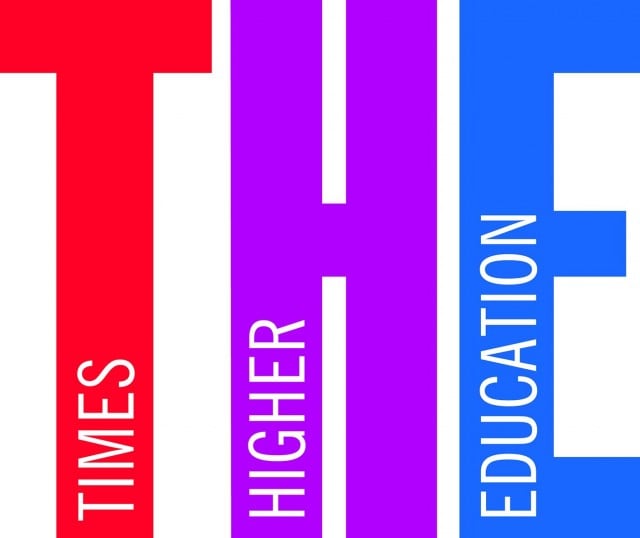
Indian universities are facing mounting criticism of their response to the country’s deadly coronavirus surge, with concern focusing on the fate of insecurely employed teaching staff.
 At the flagship University of Delhi, at least 35 lecturers have died from COVID-19 in the past month, according to the Delhi University Teachers’ Union. Alok Ranjan Pandey, the union’s vice president, said academics employed on an ad hoc basis were most at risk and called for medical coverage to be extended to them.
At the flagship University of Delhi, at least 35 lecturers have died from COVID-19 in the past month, according to the Delhi University Teachers’ Union. Alok Ranjan Pandey, the union’s vice president, said academics employed on an ad hoc basis were most at risk and called for medical coverage to be extended to them.
The union wants a hospital treating COVID-19 patients to be opened on Delhi’s campus, and for the university to provide jobs for the families of the deceased, The Print reported.
Apoorvanand, a Hindi professor at Delhi, wrote in Scroll that “Indian universities are pretending everything is normal, as the world around them is collapsing.”
“The university authorities did not think about creating a COVID support center on campus,” he told Times Higher Education. “It does have health centers, but they were not upgraded to deal with the pandemic.”
Apoorvanand was one of the faculty members who helped to initiate a petition asking Delhi to set up a special fund for ad hoc staff.
“In many ways, our universities have failed their teachers,” he said, adding that nonpermanent staff “bear the major teaching load in the colleges, but they have no security and no benefits that come with the job.”
“The situation in the state universities is even more pathetic,” Apoorvanand continued. “Teachers are dying, many of them very young.”
Across India, there have been complaints of staff being dismissed suddenly, not being paid their salaries or being made to work through the summer to make up for lost time.
Saikat Majumdar, an English professor at Ashoka University, told Times Higher Education that “the COVID situation has definitely sharpened already existent structures of inequity.”
“The public universities’ excessive reliance on ad hoc teachers and the exploitation of their labor has also been thrown into relief,” he said. “The main problem is the universities’ apparent disconnection from reality -- their refusal, as it were, to take the ravages of the pandemic sufficiently into account.”
Managers have come under fire for pressing on with online classes and exams with little flexibility on deadlines, despite a deep digital divide and a health emergency.
“Many universities forced their faculty to be on the campus [to conduct] online classes without creating infrastructure for this,” Apoorvanand said. “This meant traveling long distances in crowded buses or auto rickshaws unprotected.”
from Inside Higher Ed https://ift.tt/3vuDAKS
Comments
Post a Comment